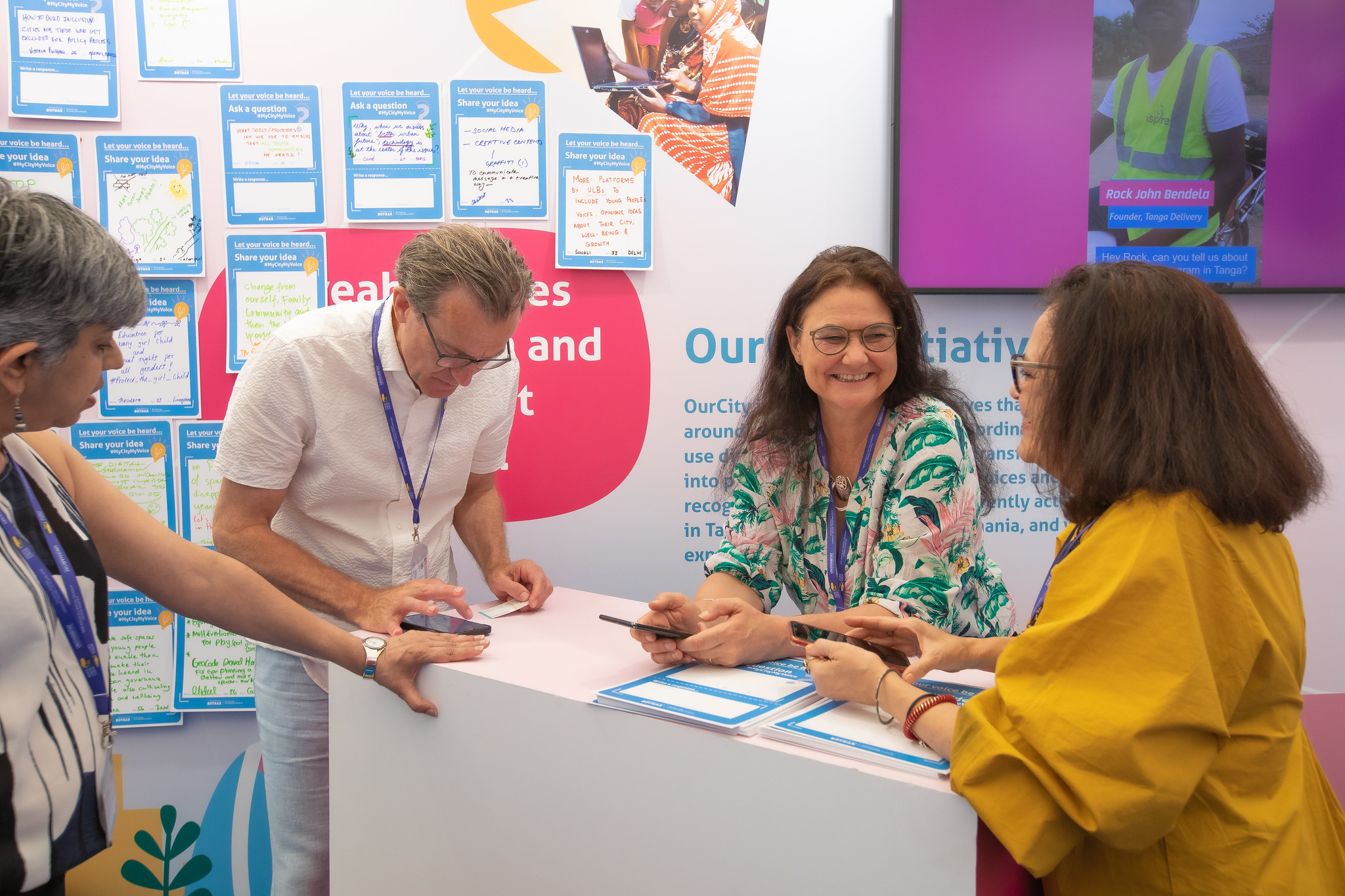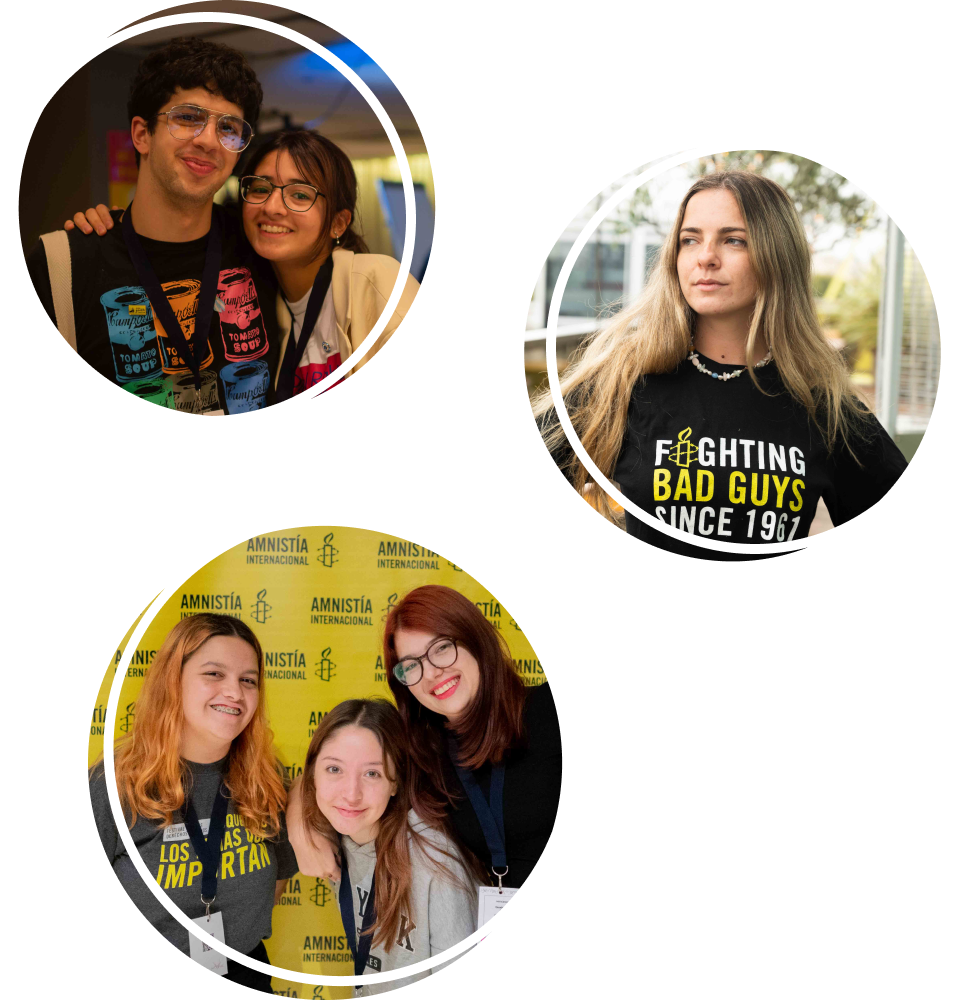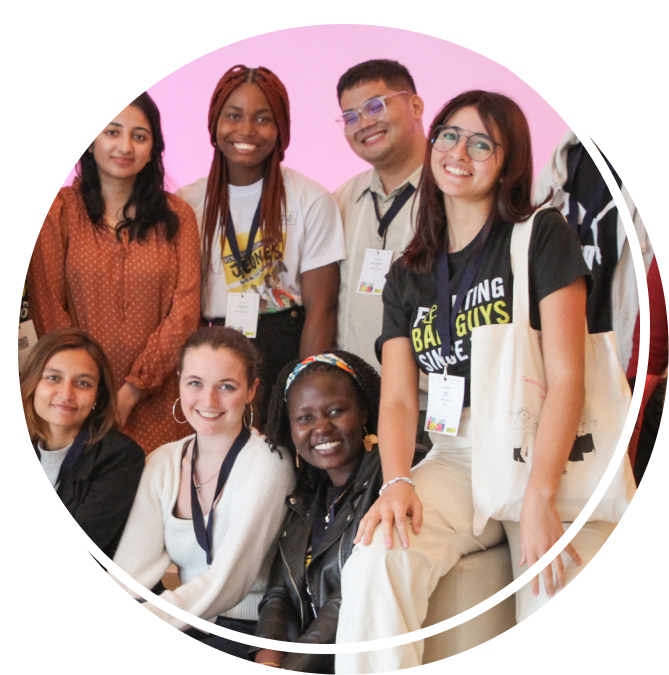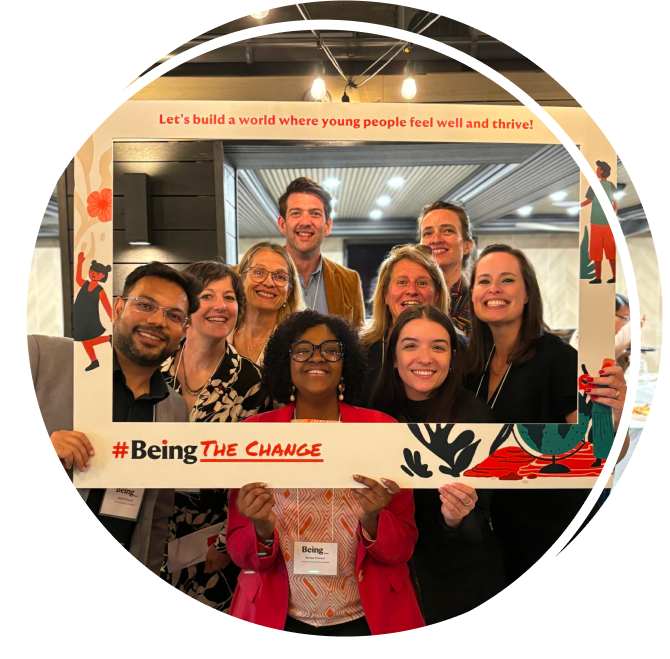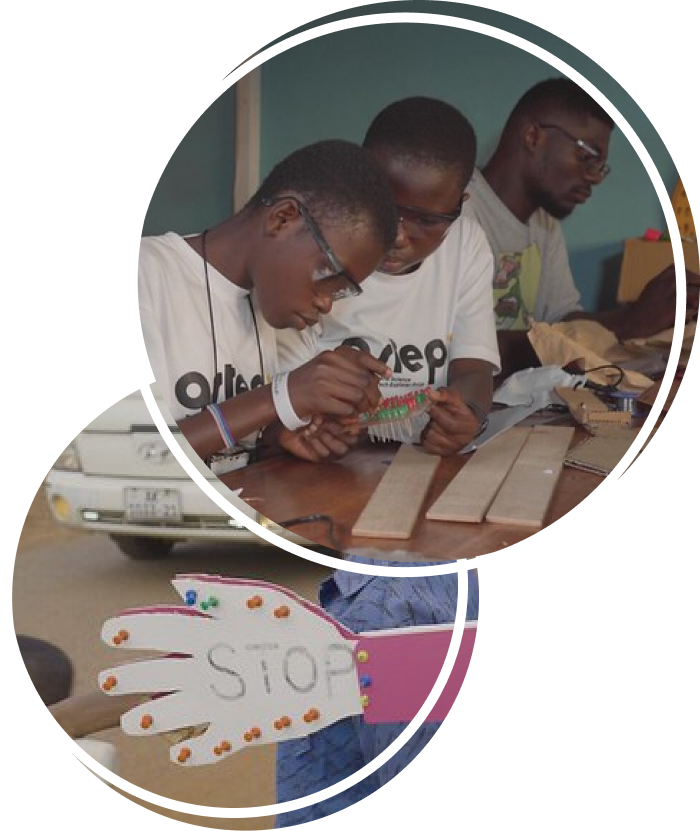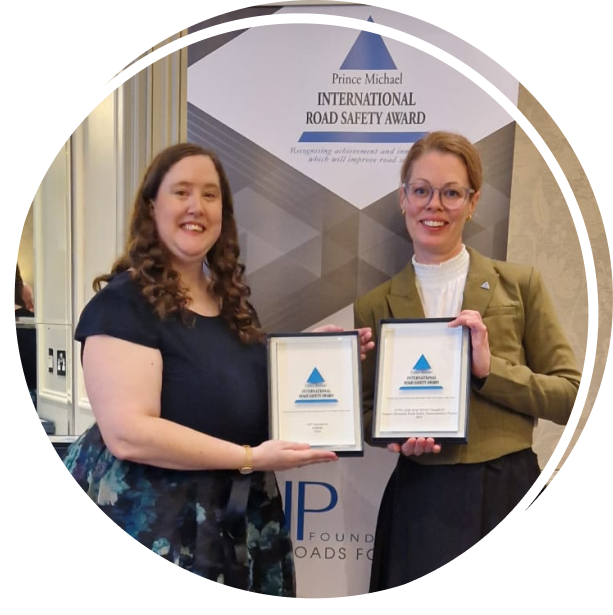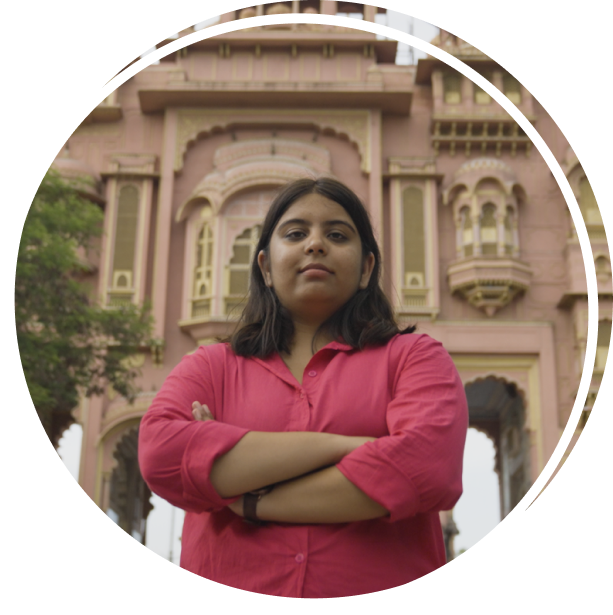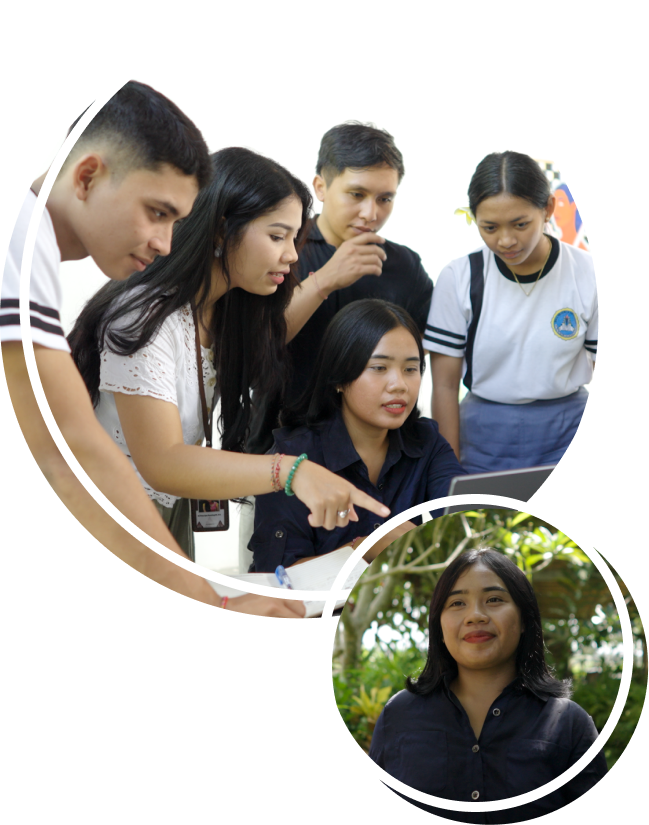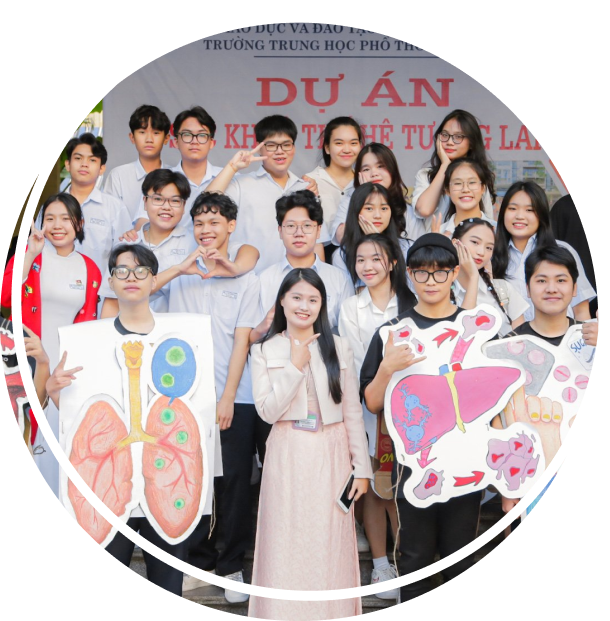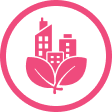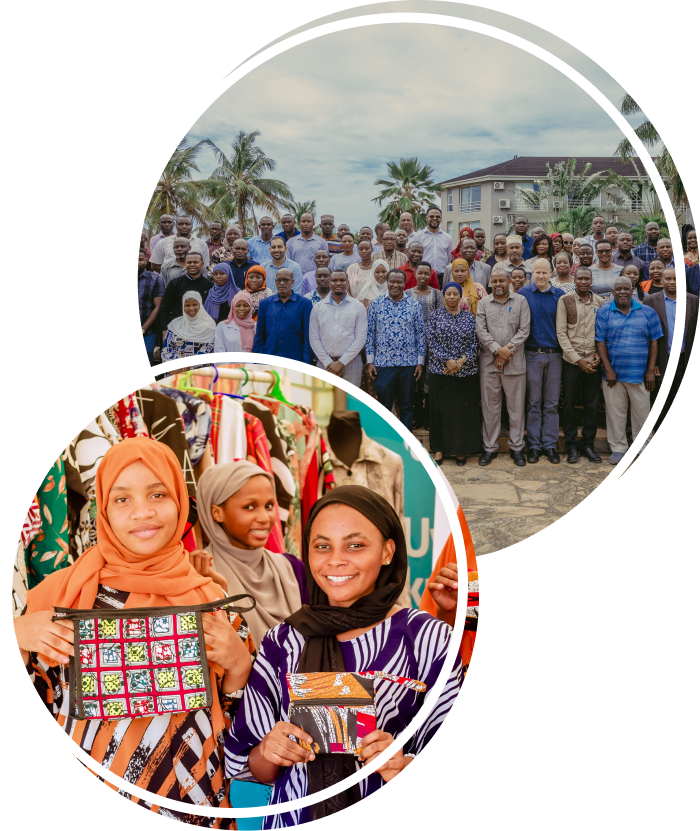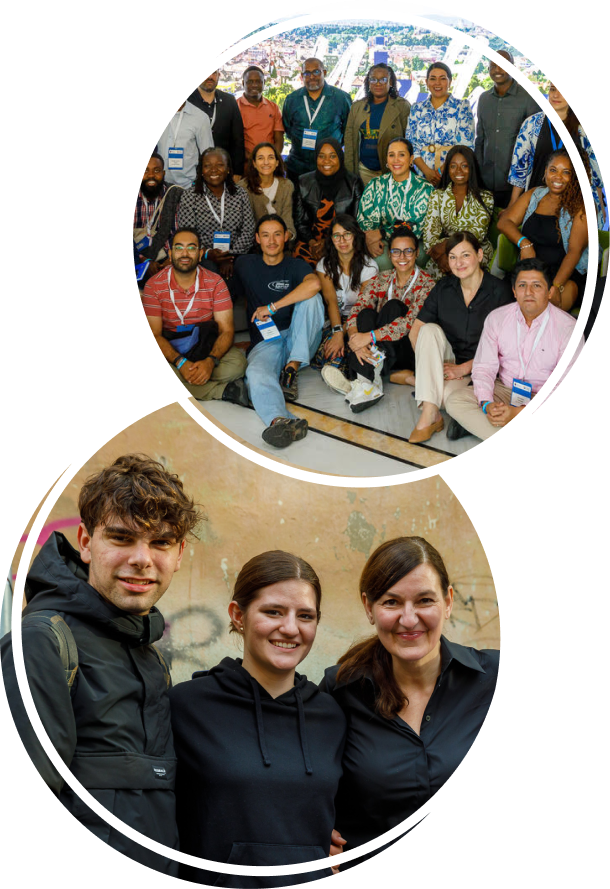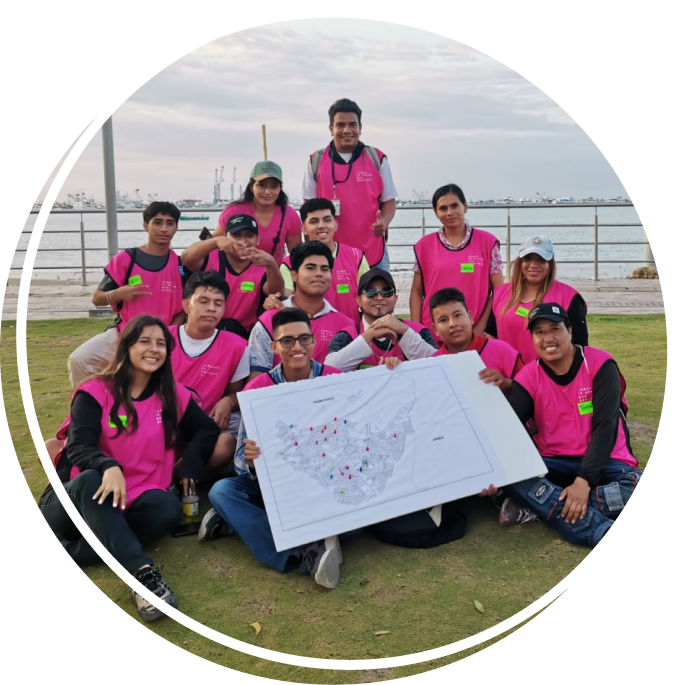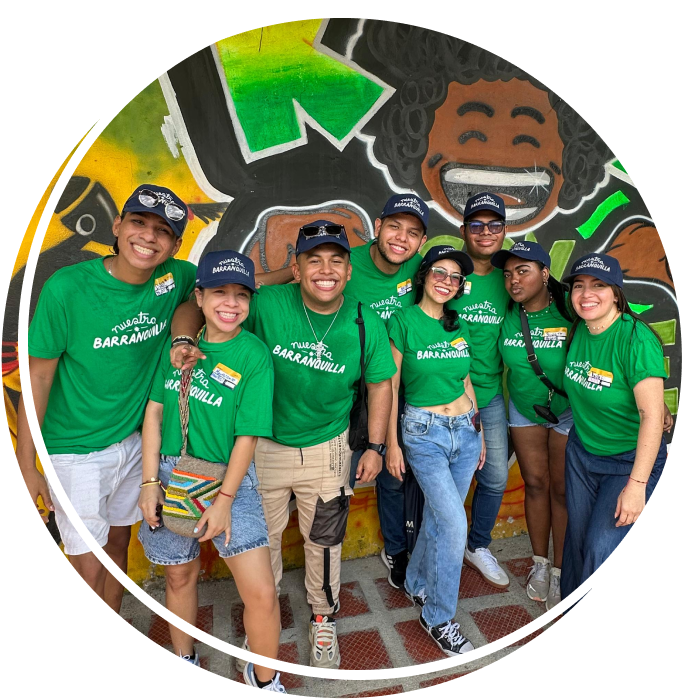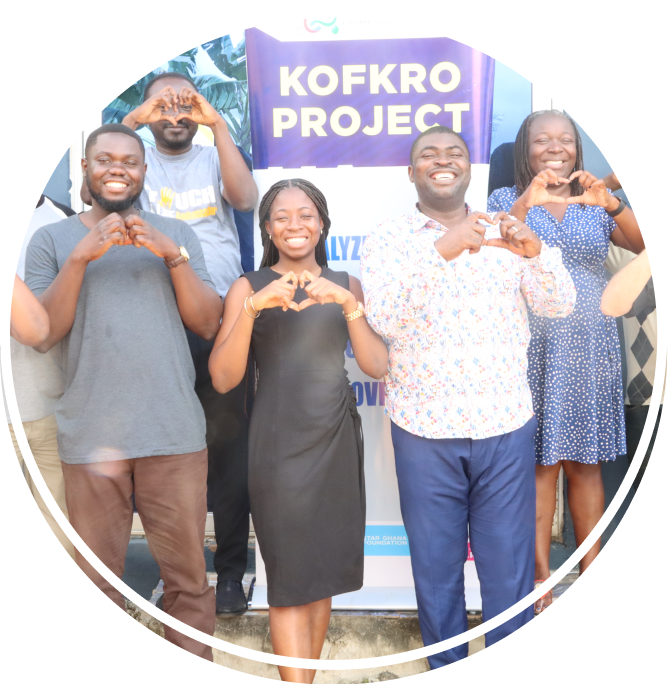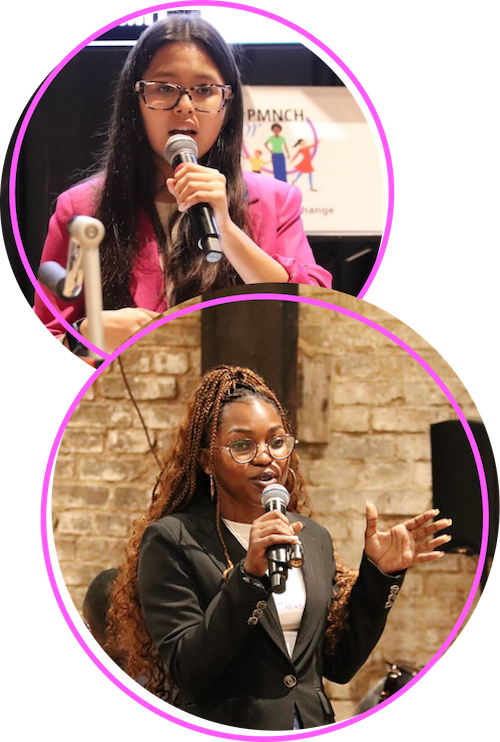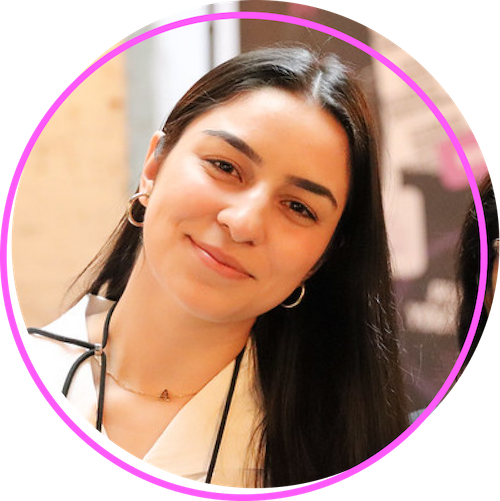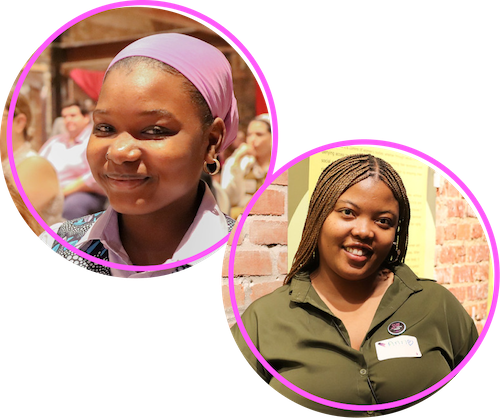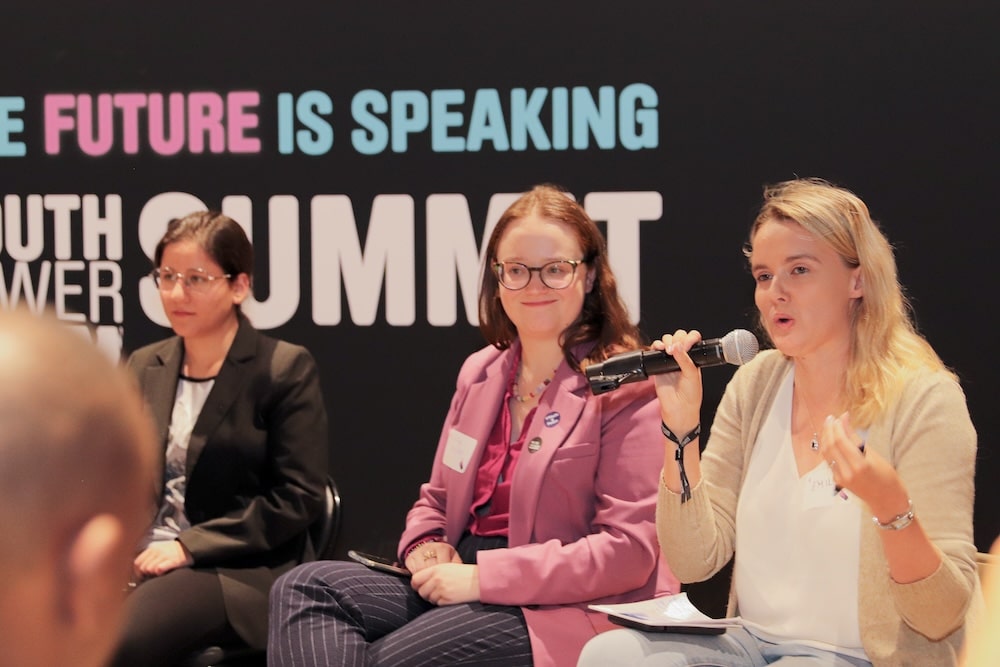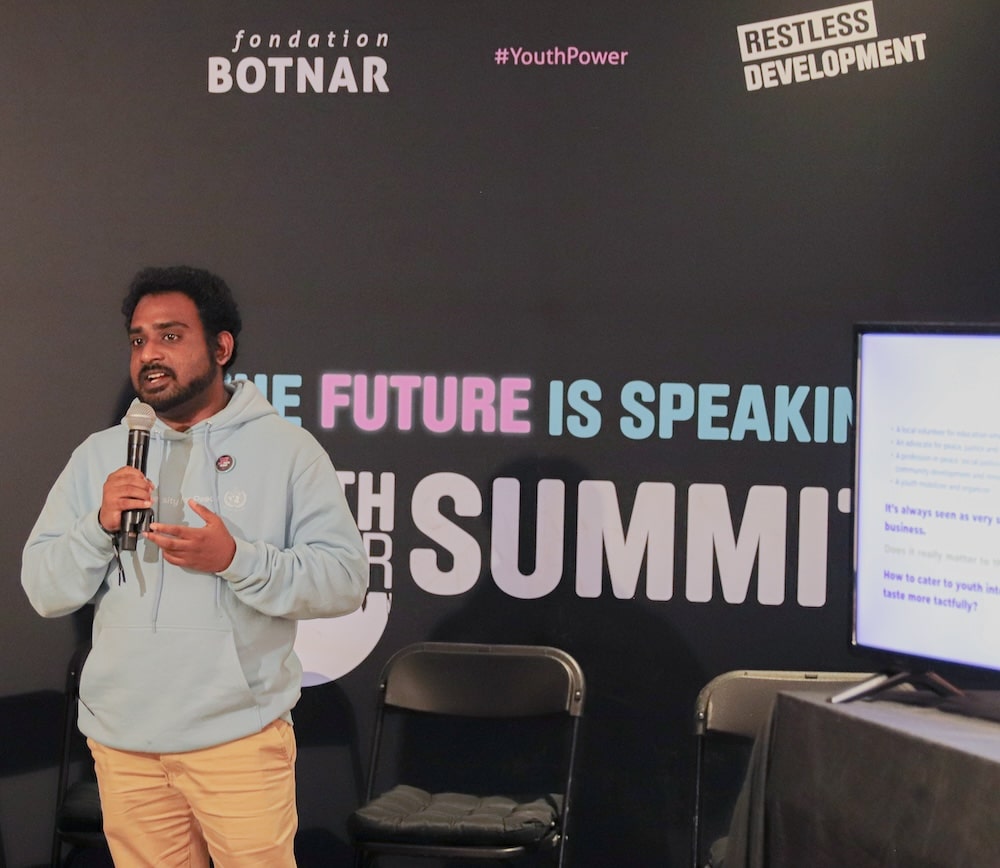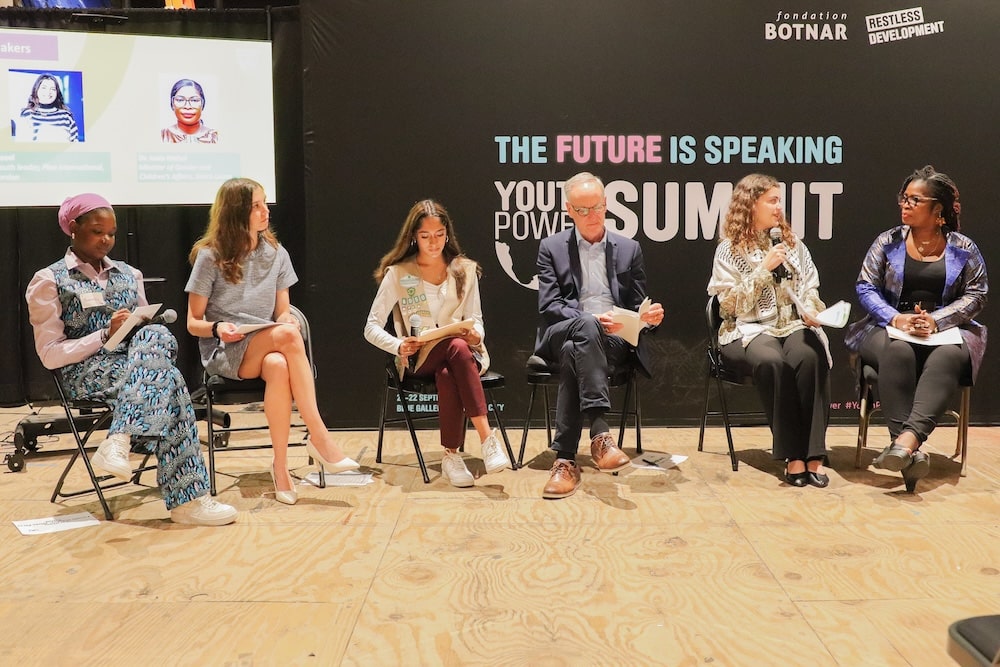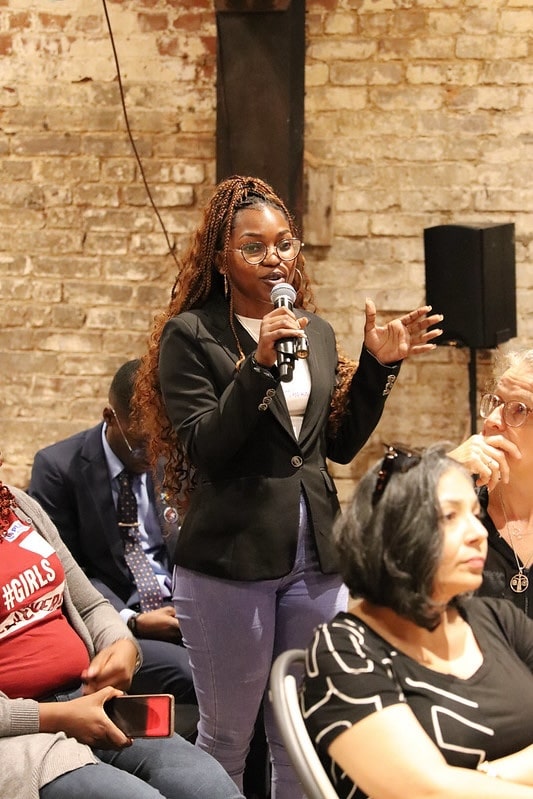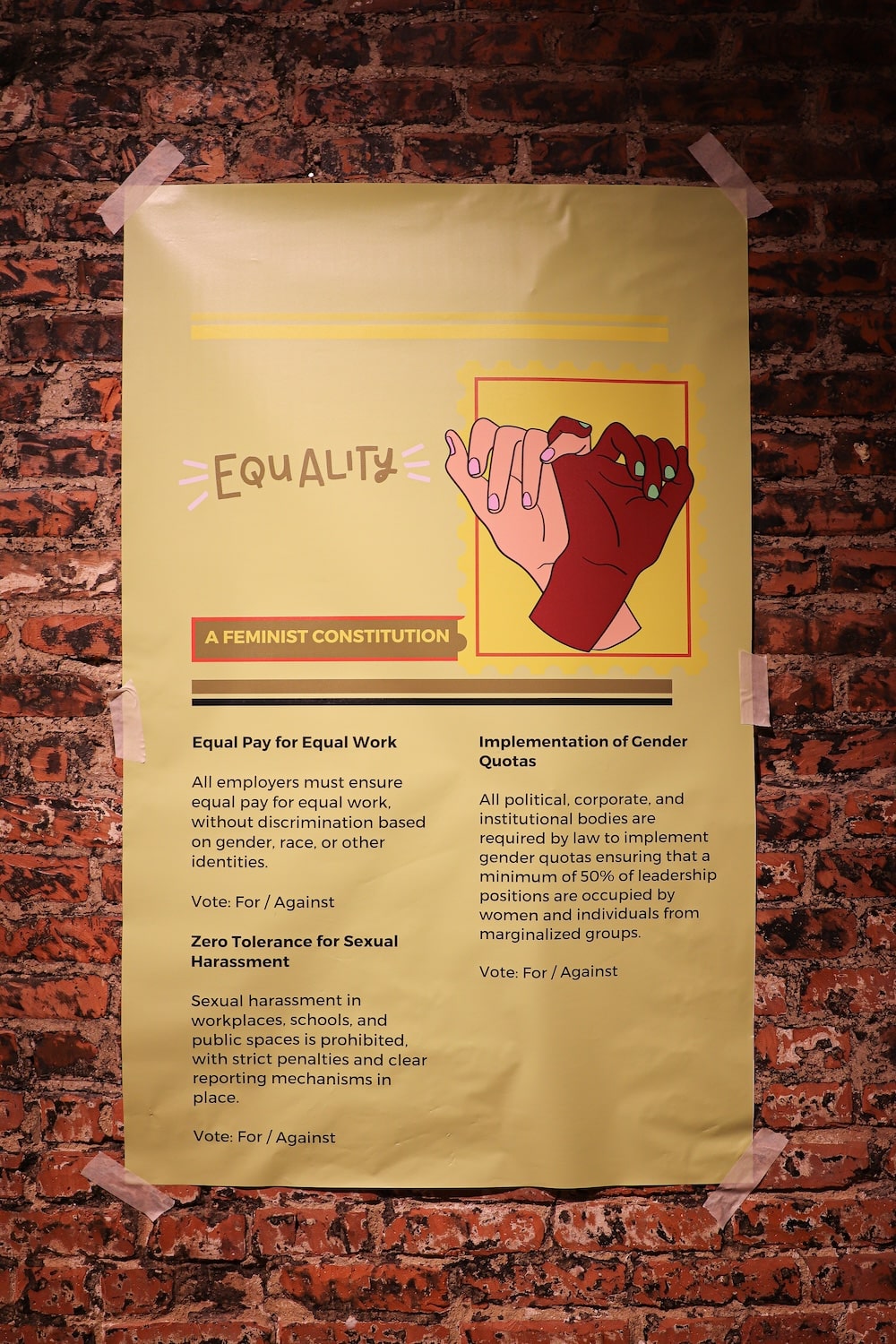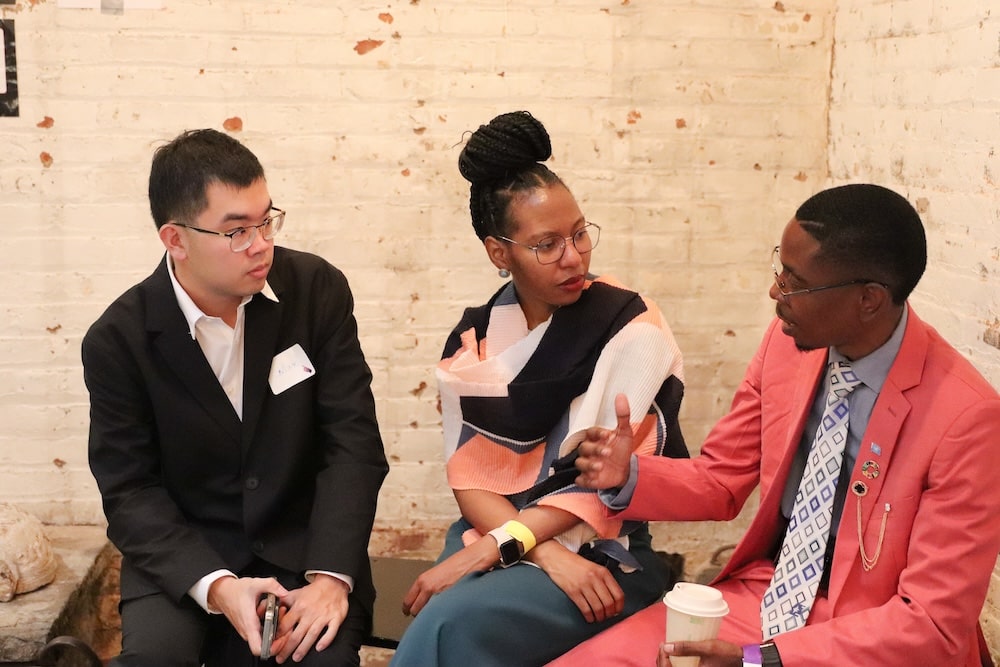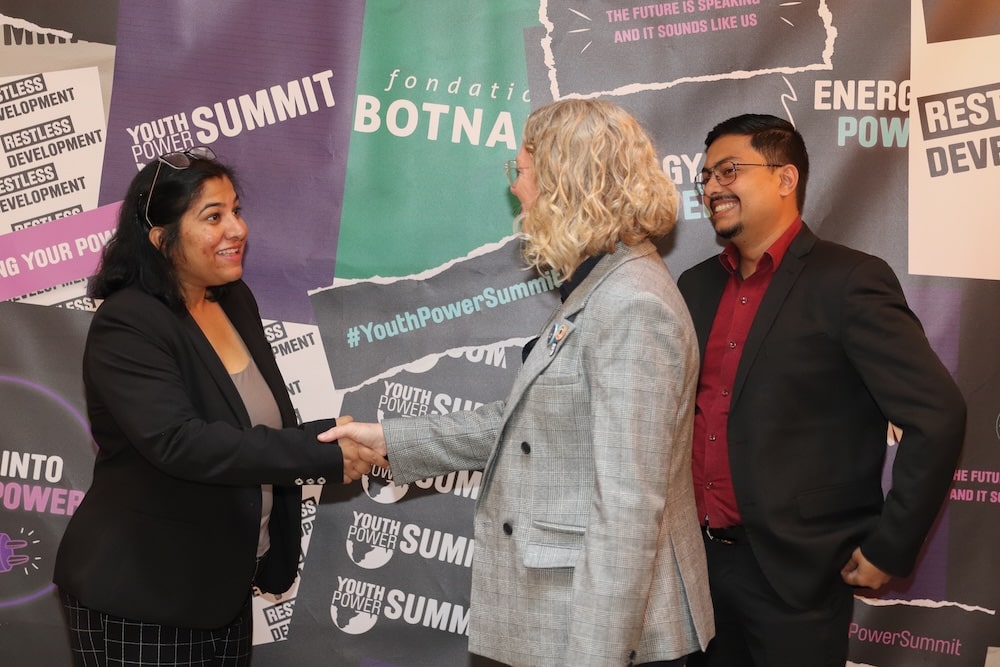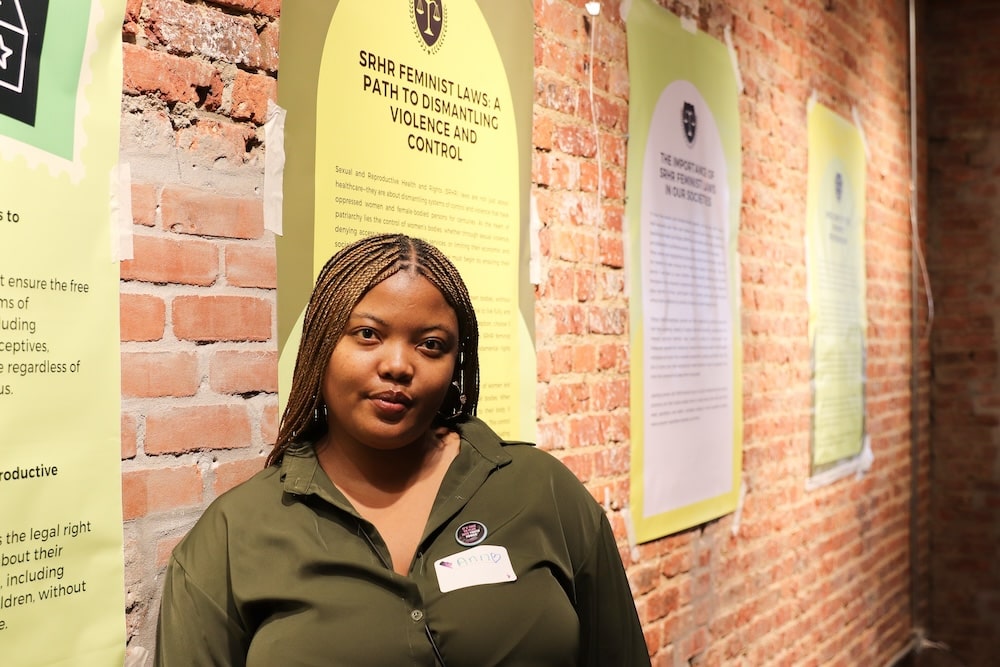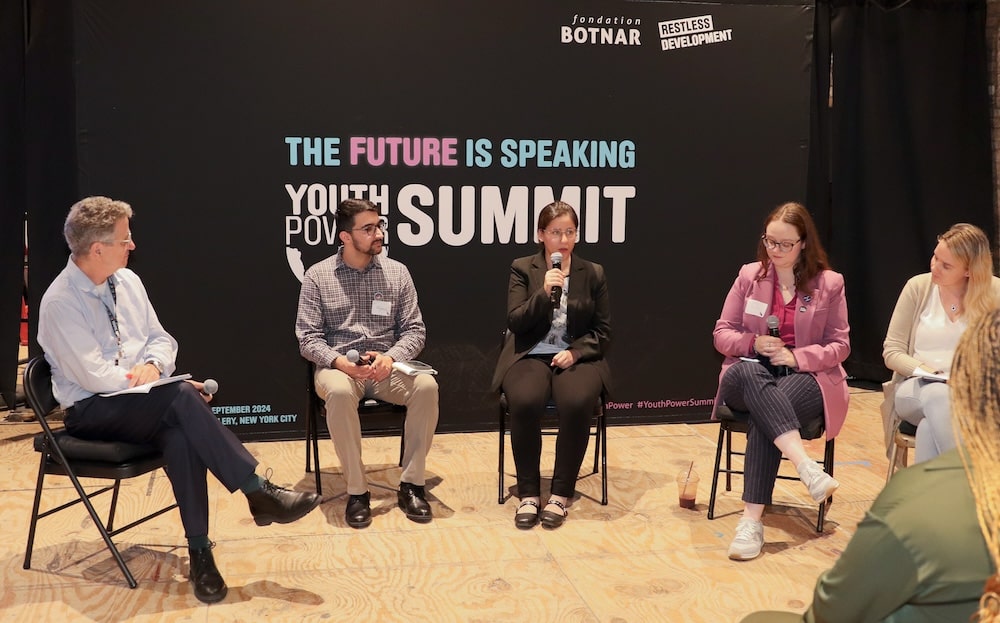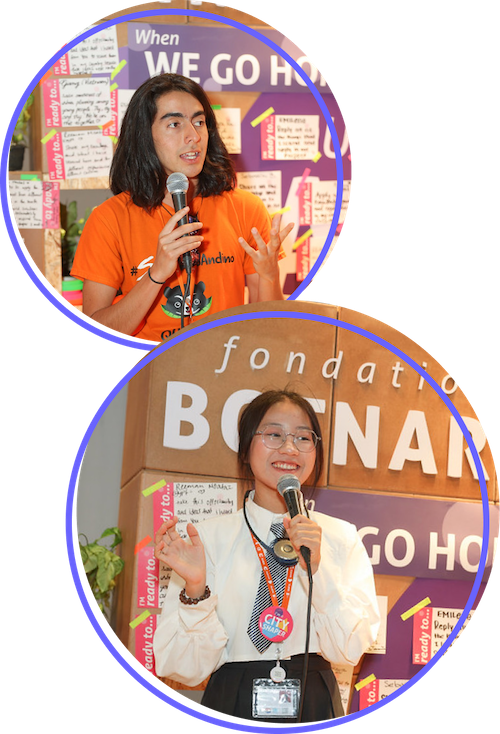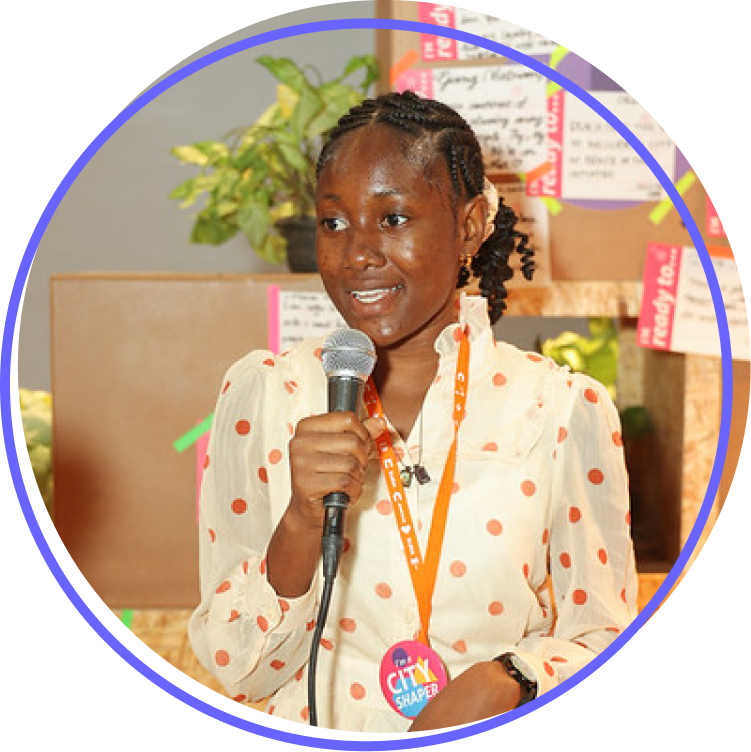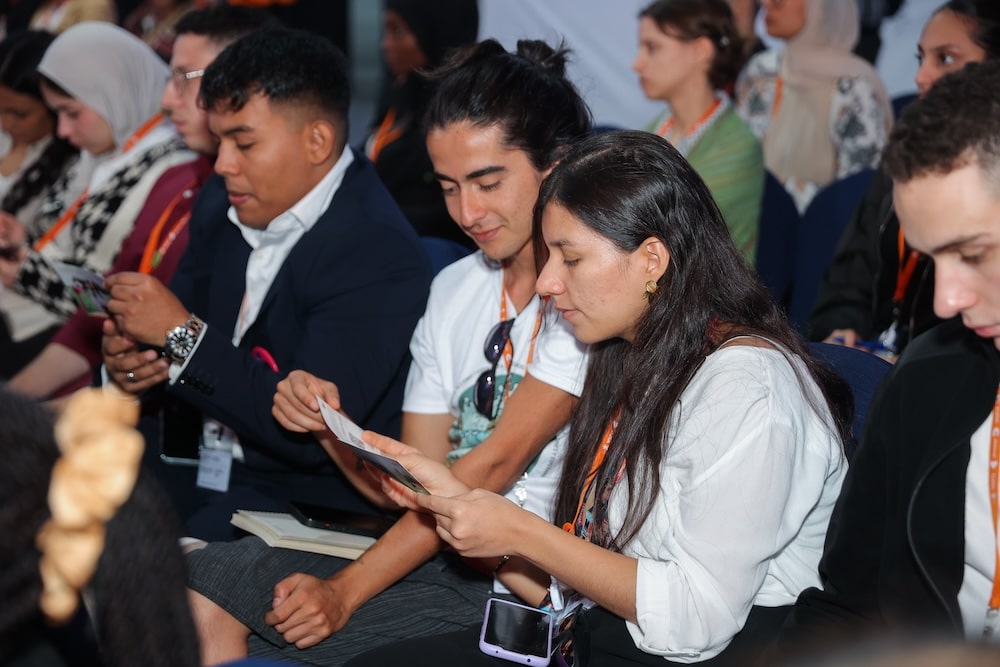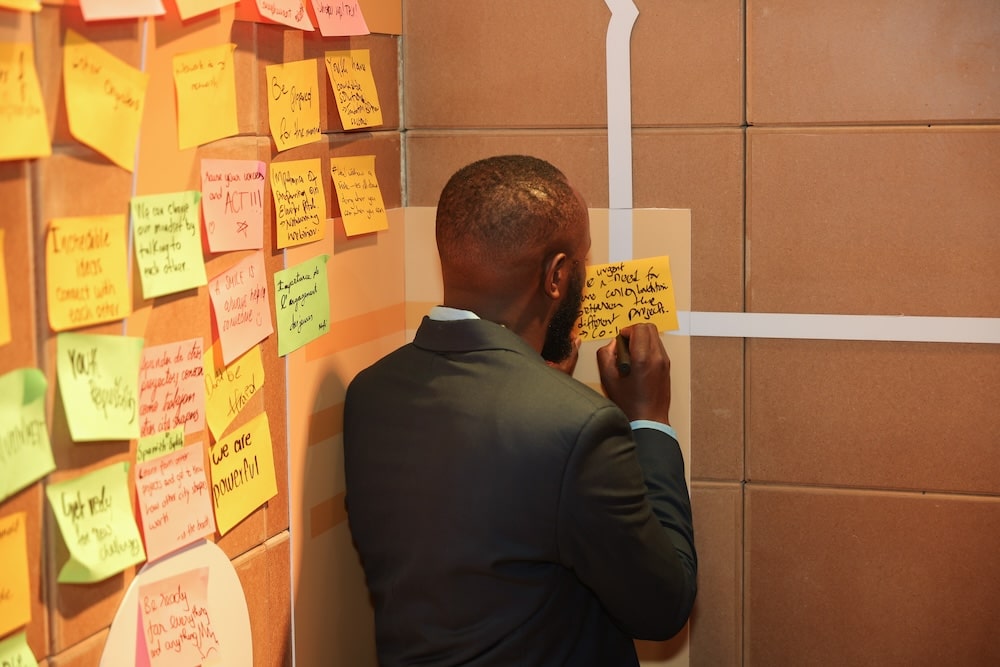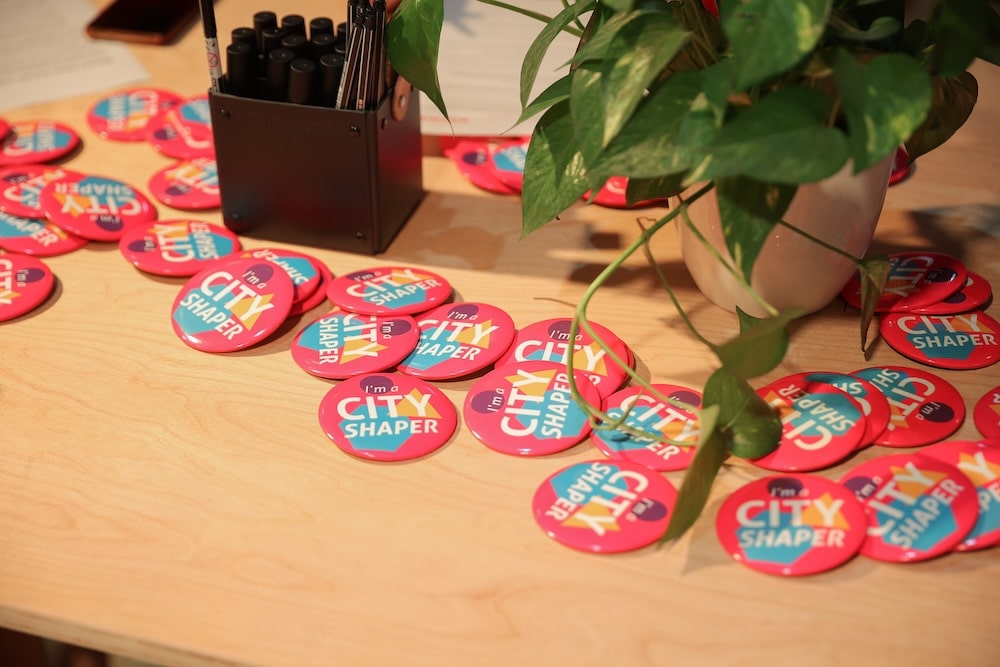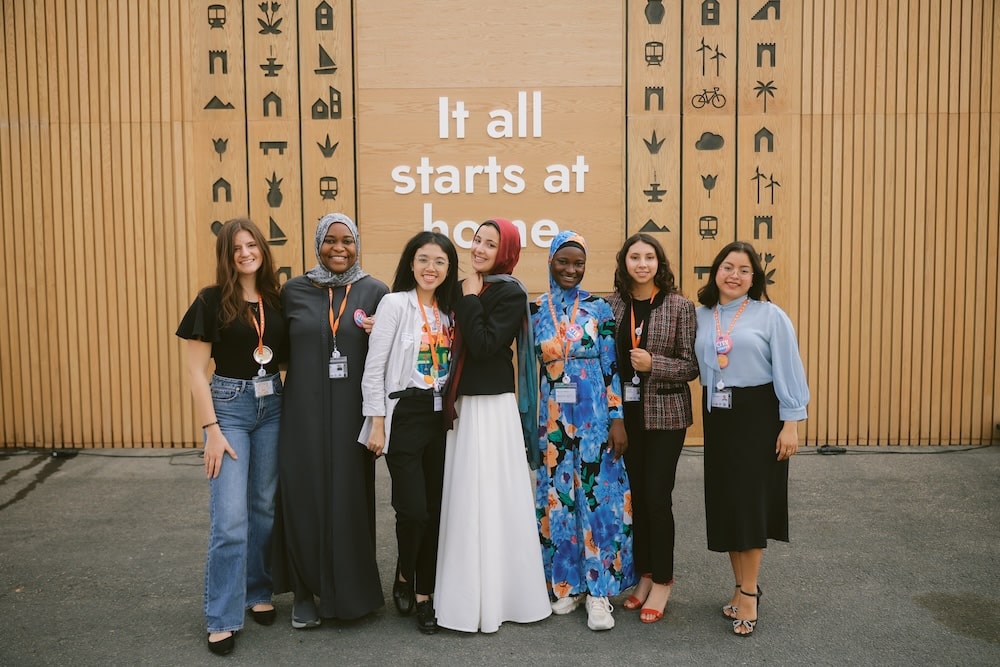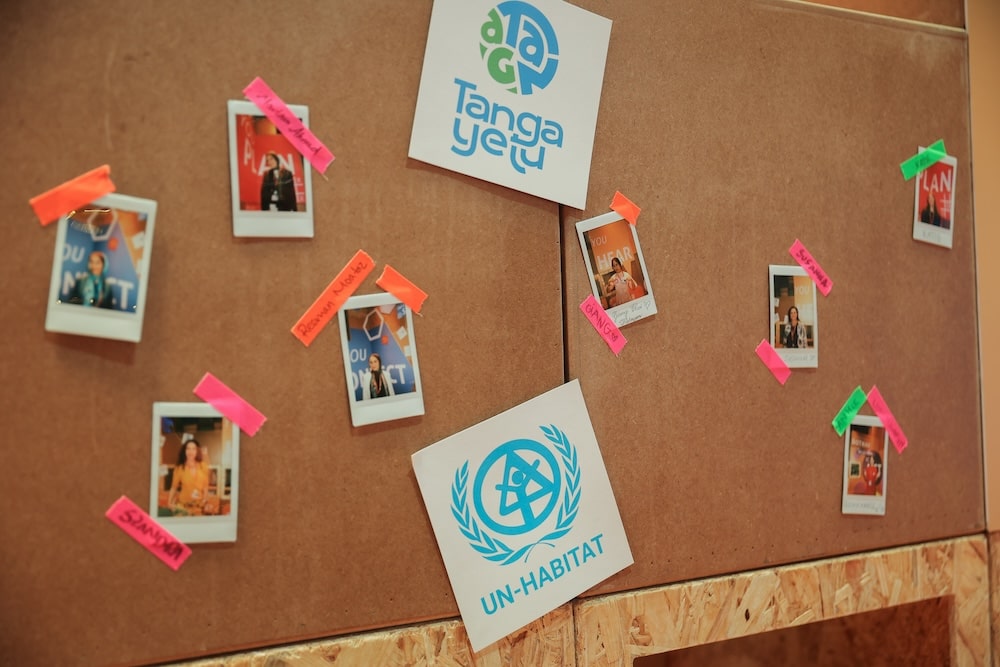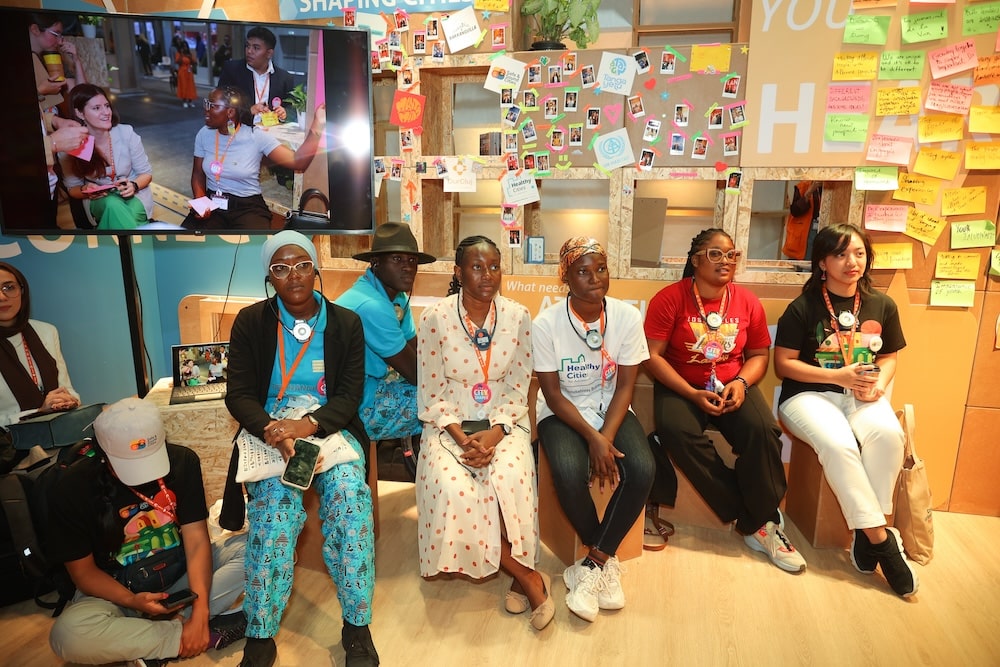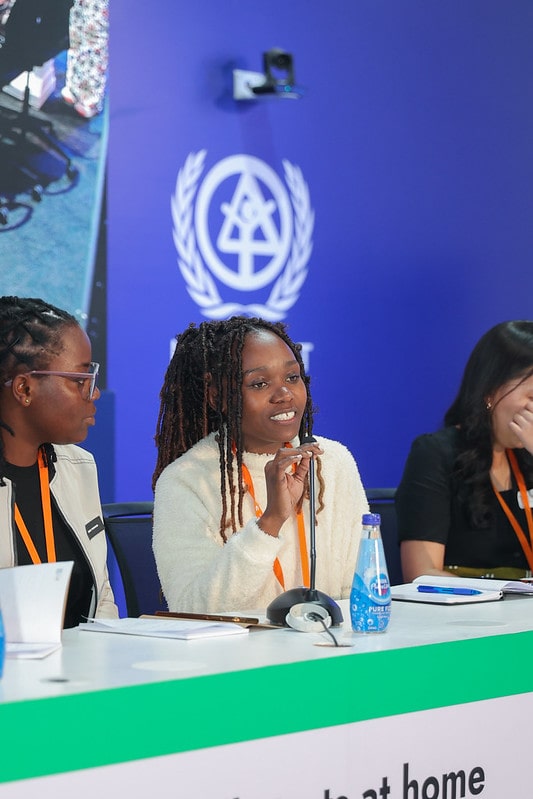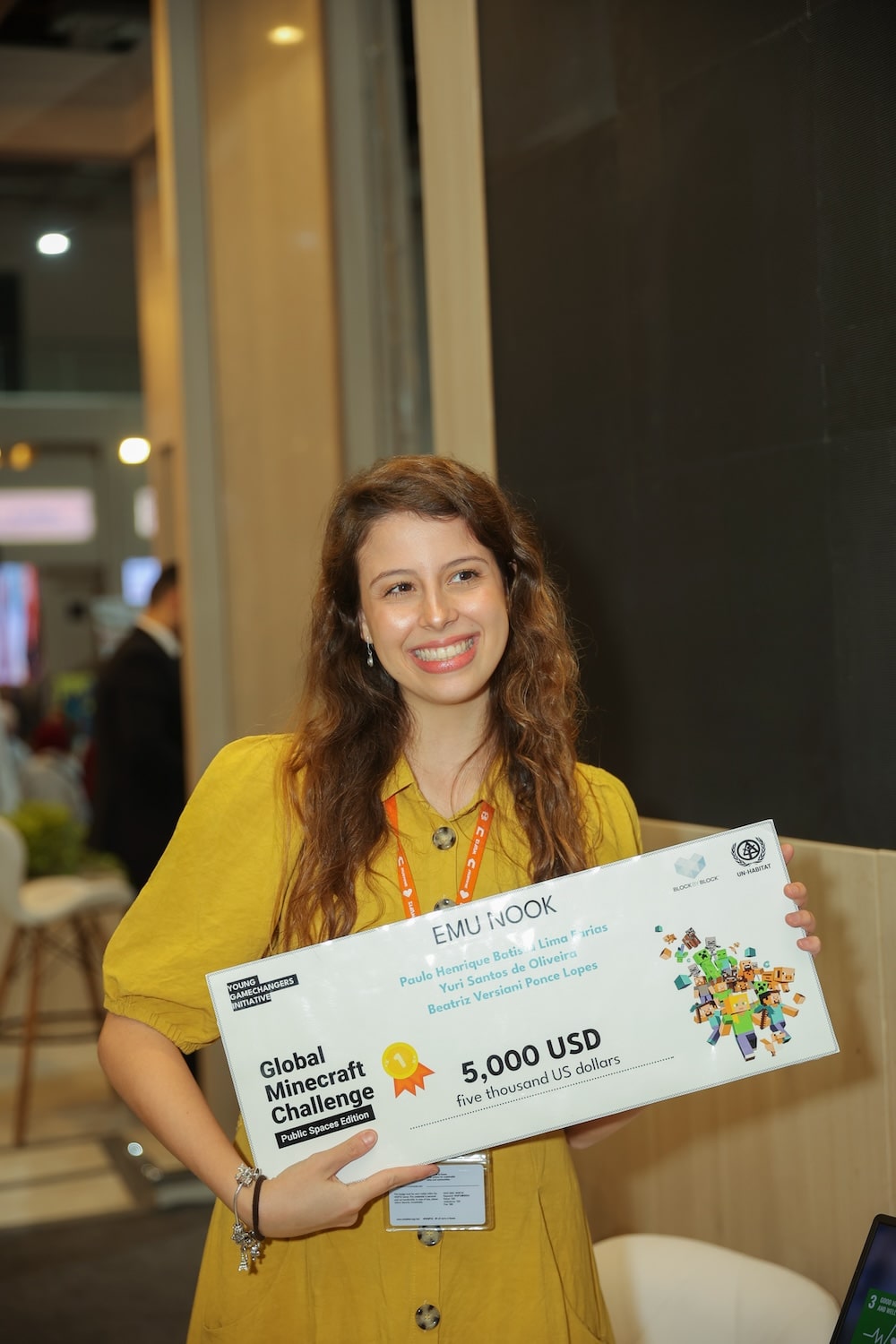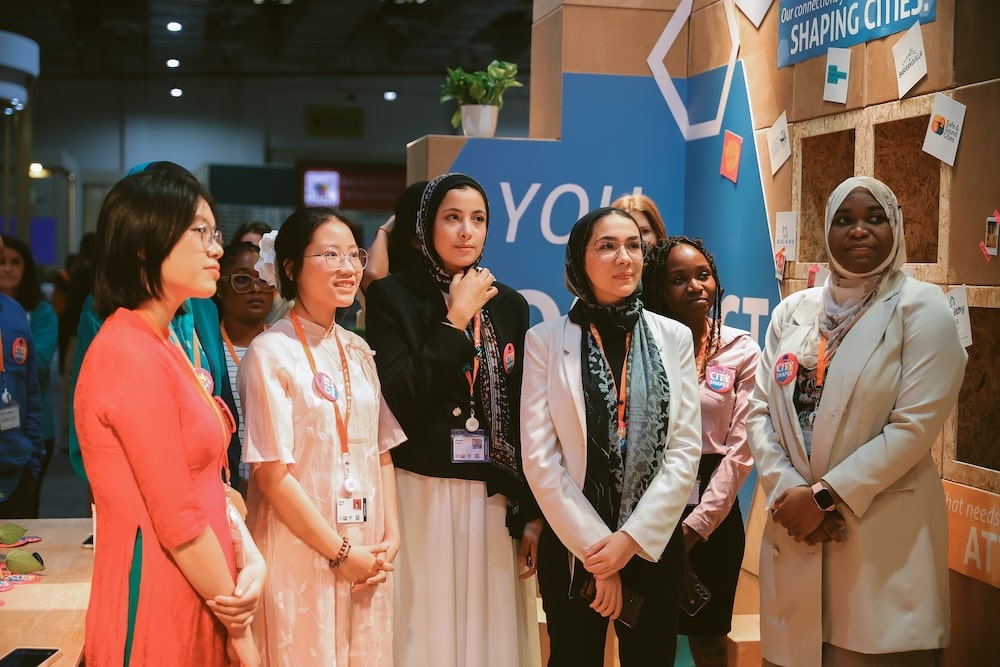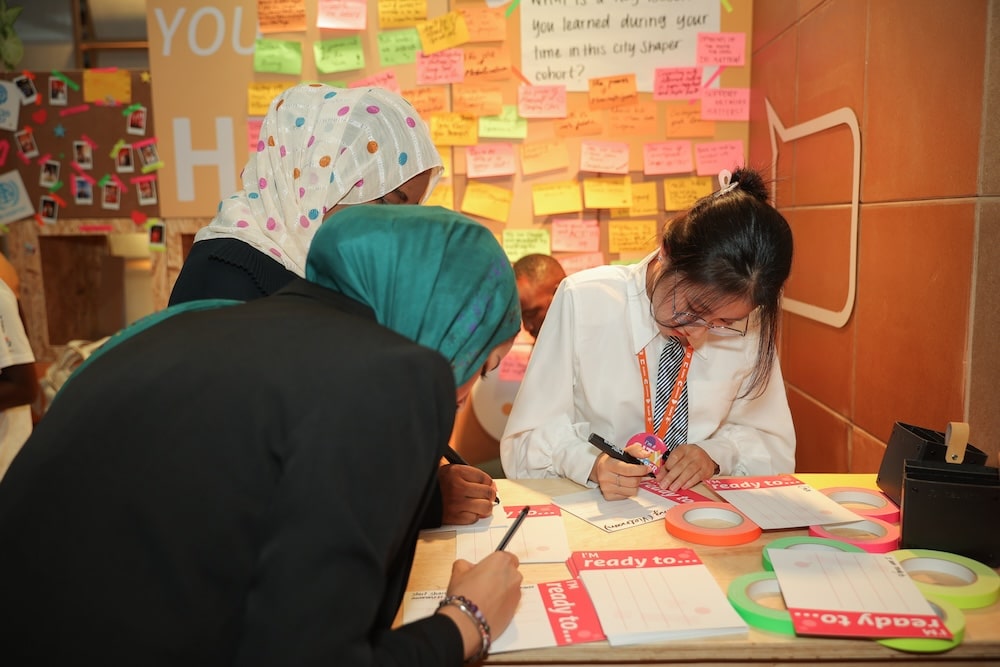Overview
This is the decade of action toward achieving the Sustainable Development Goals (SDGs), and we have eight years left to achieve them. Due to global crises, progress has slowed. We’ve been stagnating, at worst, regressing. This is especially true in cities all over the world, where populations are rapidly increasing.
We urgently need to take action on the SDGs and get them on track. One of the ways we can do that is to put an improved focus on real, meaningful youth engagement in governance and decision-making.
If we are serious about making this a reality, we need to harness young people’s drive, creativity, and skills to contribute to sustainable cities and improved livelihoods. Inviting only a few young individuals to high-level meetings is not enough. It is not enough to encourage them to tell their stories with no power or decision-making ability and no desire to act on what they are saying and demanding right now. It is not enough to hope that their views will someday be taken into consideration.
Young people should not be seen or used as passive receipts, ‘beneficiaries’, or even energetic storytellers. For real change to happen, for us to make sure that what we say is what we do, we must recognise and prioritise them as active agents. Young people should not just be involved in the decision-making process; they should be helping to lead it.
Realising our vision
For us at Fondation Botnar, one thing is for certain: young people are critical for shaping the future of our cities and the future of our world. Ensuring that they are in the driving seat is one of our priorities. Across our programs, we realise our vision in the way that we approach the design and implementation of our city programs all over the world, together with our partners. A great example has been the youth-driven Vivo Mi Calle, a project part of our Healthy Cities for Adolescents program, which aims to make streets safer and greener, and where young people are involved in decision-making processes. As a result of this work, local community members have since described the transformative impact of the project’s activities, including the inspiring “Bridge of Colours”.
In addition to this practical evidence from projects, we endeavour to deepen academic research into youth participation with a new interdisciplinary research program, ‘Technology and youth participation in governing intermediary cities in LMICs’ (TYPCities). TYPCities, through new research, aims to learn about the full potential of meaningful participation of youth in governance.
Formalising youth participation to advance SDGs
Why not give young people a central role in determining priorities to make their cities liveable and sustainable? These, as well as the need to build towards achieving SDG targets and making municipal authorities accountable for delivering on the 2030 Agenda, were some of the key reasons why Fondation Botnar – in partnership with UN-Habitat – launched the Youth2030 project in 2021. Through youth consultations in intermediary cities in Colombia, Ecuador, Senegal, Ghana, India and Vietnam, young people were called to action by sharing their views on how they want to see the SDGs localised in their cities.
To advance this commitment to meaningful youth participation, during the High-Level Meeting on the Implementation of the New Urban Agenda, held in New York on the 28th April we co-hosted a series of side events under the larger umbrella of the Healthy City for Adolescents program, in partnership with UN-Habitat.
During the National Youth2030 Urban Forums, UN-Habitat called on participants to craft DeclarACTIONS supporting the fulfilment of the SDGs. In this process, we saw young people as equal partners with a critical perspective given their local reality and barriers they see in everyday life.
It was inspiring to hear the stories of the youth representatives participating in the Youth2030 Forums from Colombia, Ecuador, Ghana, and Senegal at the event in New York, and presenting the DeclarACTIONS that were developed at each forum. It reinforced how young people, when provided with the appropriate space and tools, can meaningfully influence urban planning processes and policies.
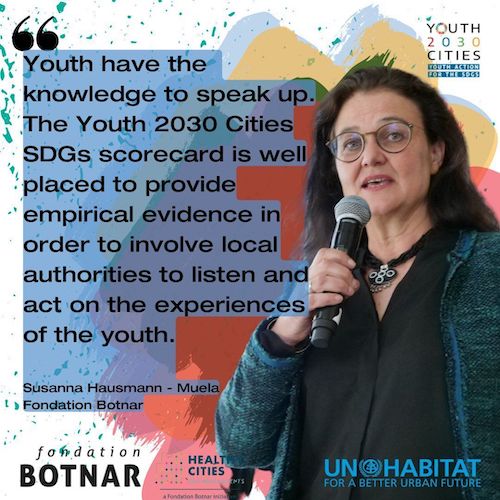
Another highlight was attending the workshop, where young people receiving training for using the interactive and visual scorecard tool, expressed their enthusiasm to contribute to SDGs monitoring, through participatory data collection and impact measurement for youth-led action. The Youth2030Cities SDG Scorecard can provide the empirical evidence in order to involve local authorities to listen & act on the experiences of the youth.
Youth participation at WUF11!
The eleventh session of the World Urban Forum (WUF11) in June 2022 held in Katowice, Poland, will be a critical moment to elevate youth-led action on the SDGs and ensure this becomes central to future policy making. During the Children and Youth Assembly, leaders including city mayors will be called to sign their commitment for ensuring youth engagement in cities, as well as seeing the global DeclarACTION on youth action for the SDGs being presented.
WUF11 is held in the midst of political instability, meaning that many young people will join the event virtually. We will also launch the #MyCityMyVoice campaign to provide young people with a virtual opportunity to dialogue with global decision makers and guests present at the Forum. Individuals and groups aged 10-30 are invited to add their voice, by sharing an idea expressing their vision for a better city.
As we move steadily towards 2030, we call on our peers to regard young people as equal partners in any initiatives and to include their perspectives in the design and implementation of their projects. By doing so, we will see young people play a crucial role in shaping our collective future, tackling new challenges, and harnessing opportunities.
